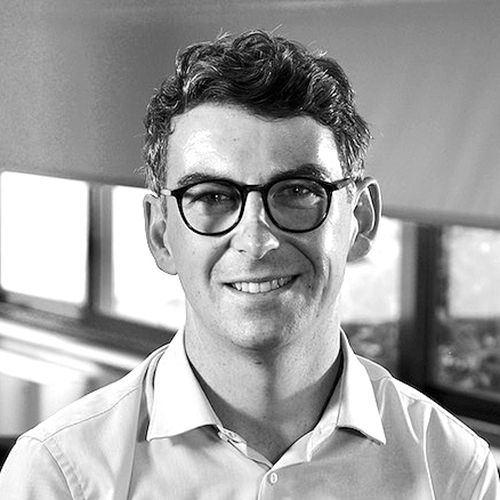Gerard J. O’Reilly (1989) is an Assistant Professor of Structural Engineering at IUSS Pavia, completing his Bachelor and Master degrees in Civil Engineering in Ireland in 2010 and 2013, with a period as a visiting researcher at the University of California, Berkeley in 2012. He obtained his PhD in Earthquake Engineering and Engineering Seismology from IUSS Pavia in 2016.
Primary research interests include the seismic design and assessment of structures to incorporate innovative aspects of performance-based earthquake engineering; the seismic vulnerability of existing structures and ways that different retrofitting measures (both structural and non-structural) may improve their seismic performance. These include the incorporation of economic losses and collapse risk directly in the design process as a general effort towards the next-generation of design codes, as well as the Sismabonus classification guidelines recently introduced in Italy. Much of this research also relates to different projects in collaboration with the EUCENTRE Foundation and the ReLUIS consortium on the assessment of existing school buildings and ways in which limited resources allocation may be prioritised.
He has also been involved in various European projects, such as BRACED and DiSTEEL funded by the European Commission Research Fund for Coal and Steel and FP7 funding programmes, relating to the shake table testing and design of steel frame structures. He collaborates on the development of simplified tools for the regional assessment of bridge infrastructure in Italy, Israel and North Macedonia exposed to seismic hazard and ageing effects as part of the INFRA-NAT project funded by the European Civil Protection and Humanitarian Operations. He is the principal investigator of the ROSSINI project funded by the National Institute for Insurance against Accidents at Work which looks to develop a risk-based navigation system for industrial plant workers at risk of NaTech events. More recently, he is the coordinator of the €11.6M EU-funded ERIES project which provides transnational access to research infrastructures to conduct research that will advance frontier knowledge related to seismic, wind and geotechnical hazards.
He has supervised numerous students at both MSc and PhD levels as part of the Civil Engineering for Mitigation of Risk from Natural Hazards master degree programme and the Understanding and Managing Extremes PhD degree programme jointly offered by the University of Pavia and IUSS Pavia.

 Eucentre is a non-profit private law foundation whose mission is to conduct research and provide training and services in earthquake and safety engineering
Eucentre is a non-profit private law foundation whose mission is to conduct research and provide training and services in earthquake and safety engineering  Eucentre promotes science, research and innovation for the benefit of the community, offering targeted methodologies and concrete solutions for prevention, safety and resilience. It collaborates with institutions and companies to disseminate competencies for the common good.
Eucentre promotes science, research and innovation for the benefit of the community, offering targeted methodologies and concrete solutions for prevention, safety and resilience. It collaborates with institutions and companies to disseminate competencies for the common good. Eucentre conducts earthquake engineering research and risk reduction studies via laboratory testing and numerical analysis to enhance seismic performance and develop innovative solutions
Eucentre conducts earthquake engineering research and risk reduction studies via laboratory testing and numerical analysis to enhance seismic performance and develop innovative solutions  Eucentre carries out research activities in earthquake engineering and risk reduction through laboratory testing and numerical analysis, aiming to improve the seismic performance of structures and soils and to develop innovative seismic retrofitting techniques.
Eucentre carries out research activities in earthquake engineering and risk reduction through laboratory testing and numerical analysis, aiming to improve the seismic performance of structures and soils and to develop innovative seismic retrofitting techniques. The Foundation promotes diverse and high-quality training activities aimed at academic and professional contexts, with constantly updated and innovative programs and initiatives designed to meet the evolving needs of the sector and society
The Foundation promotes diverse and high-quality training activities aimed at academic and professional contexts, with constantly updated and innovative programs and initiatives designed to meet the evolving needs of the sector and society  Eucentre ensures communication aimed at informing institutions, professionals, and citizens about ongoing activities and projects, with the goal of disseminating useful and accessible content and knowledge. It contributes to promoting a shared and informed culture of prevention and resilience.
Eucentre ensures communication aimed at informing institutions, professionals, and citizens about ongoing activities and projects, with the goal of disseminating useful and accessible content and knowledge. It contributes to promoting a shared and informed culture of prevention and resilience.